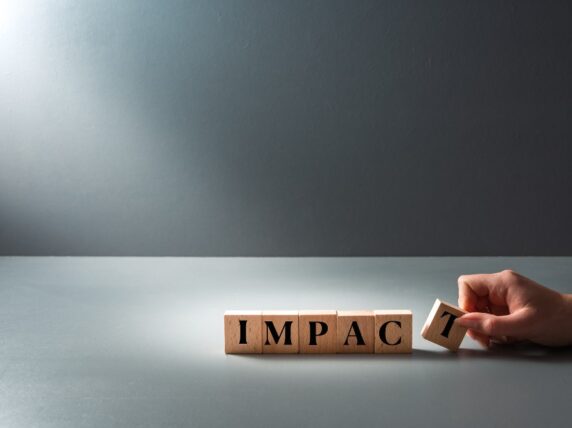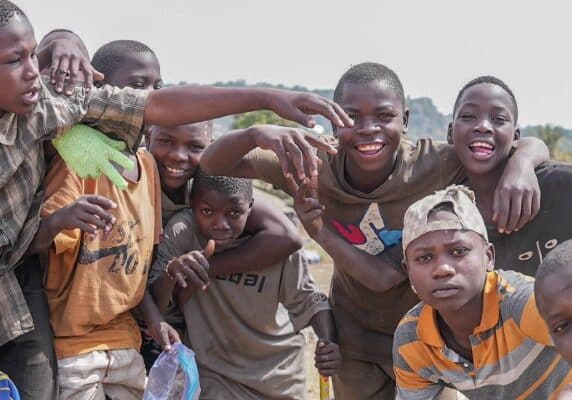Safely collecting data to fight Covid-19 in developing regions
While some nations ease restrictions surrounding Covid-19, the fight against the virus in developing nations, such as those in Africa, Asia, and Latin America, is just beginning.
The FAO has warned that a food crisis is likely due to supply chain disruptions and other factors related to Covid-19, and countries such as the Democratic Republic of Congo are already suffering from high rates of food insecurity. In addition, the restrictions put in place to stop the spread of coronavirus will have an outsized effect on countries with fragile economies and those which rely heavily on informal trade.
Data from GeoPoll’s ongoing study of over 5,000 people in 12 Sub-Saharan African nations confirms that populations are already fearful of coronavirus’s impact:
- 80% stated that within the past seven days they have been worried of not having enough to eat.
- 71% state that they are “very concerned” about the economic impacts of the virus.
- Habits around the purchasing of food and non-essential goods are also changing, with 75% reporting that they have switched to a cheaper brand of food due to concern over food availability and cost.
Additionally, populations have differing opinions on how their governments are handling the virus, with respondents split on if their government has done enough to stop the virus’s spread. In countries including Kenya and Nigeria, just 25% say they strongly agree that enough has been done to stop the spread of Covid-19.
Challenges to gathering data right now
As the virus continues to spread and restrictions are extended, it is likely that developing nations will see long-term effects similar to those found following the 2014-2015 Ebola outbreak in West Africa, which resulted in high levels of food insecurity, market inoperability, and economic downturns in Sierra Leone, Liberia, and Guinea.
To mitigate these effects during this global health crisis, development organisations must act quickly to evaluate current situations, identify potential areas of concern, and develop systems to deliver aid to the most vulnerable populations.
Subscribe to our newsletter
Our weekly email newsletter, Network News, is an indispensable weekly digest of the latest updates on funding, jobs, resources, news and learning opportunities in the international development sector.
Get Network NewsOne crucial element of this work will be gathering accurate assessments of on-the-ground situations throughout developing regions. Conducting research always plays a critical role in the actions of international development and humanitarian relief organisations, but there are unique challenges to gathering data at this moment in time.
Many organisations rely on in-person interviews to collect data from low-income populations, but the pandemic’s restrictions on movement has made this practice impossible in most countries. Even once travel restrictions become less severe, most organisations will not want to put in-person researchers at risk of contracting the virus until it is fully contained.
Tips for collecting data safely and efficiently
At GeoPoll, we are experienced in collecting data in developing regions through remote methods, including voice calls from trained interviewers, and other modes such as two-way text message surveys. As the virus spread, we transitioned all of our call centres to operate remotely, with interviewers calling people in Africa and Latin America from their homes instead of a central call centre.
We have also been fielding questions from those who do not usually undertake remote research on best practices to collect high-quality data safely to conduct vital research around the crisis. Here are some of our most common tips for gathering data safely and efficiently during the pandemic:
- Be flexible on mode: Face-to-face research will not be feasible in most countries for several months, so organisations must be flexible with their research modes in order to continue gathering vital data to aid the humanitarian response to Covid-19. Voice call interviews, in which a trained interviewer calls individuals on their own mobile phones, can reach a wide segment of the population in developing regions, including those with lower incomes and illiterate populations.
- Design research mindfully: Research studies should be designed for the mode in which they will be conducted. Voice call interviews must include instructions for the interviewer, and SMS surveys should be short and must take into consideration character limits on messages.
- Collect data on an ongoing basis: In order to have the highest quality data, organisations should consider conducting research on an ongoing basis. This provides researchers with valuable trend data that can be examined over time as a crisis progresses, or allows them to compare situations before, during, and after a crisis. Ongoing data on indicators such as food security and economic stability can be crucial to identify those populations most at-risk.
It is likely that the effects of Covid-19 will be even more consequential and long-lasting in developing nations than those being seen in developed countries. To prevent coronavirus from creating secondary crises in developing regions, organisations must act now to assess on-the-ground situations.
Due to the difficulty of conducting traditional in-person research during this time, organisations must quickly adapt to new, technological methods of remote research. By doing so, the development community can continue to safely assist those around the world who are at the greatest risk of Covid-19-related impacts.
Category
News & Views



